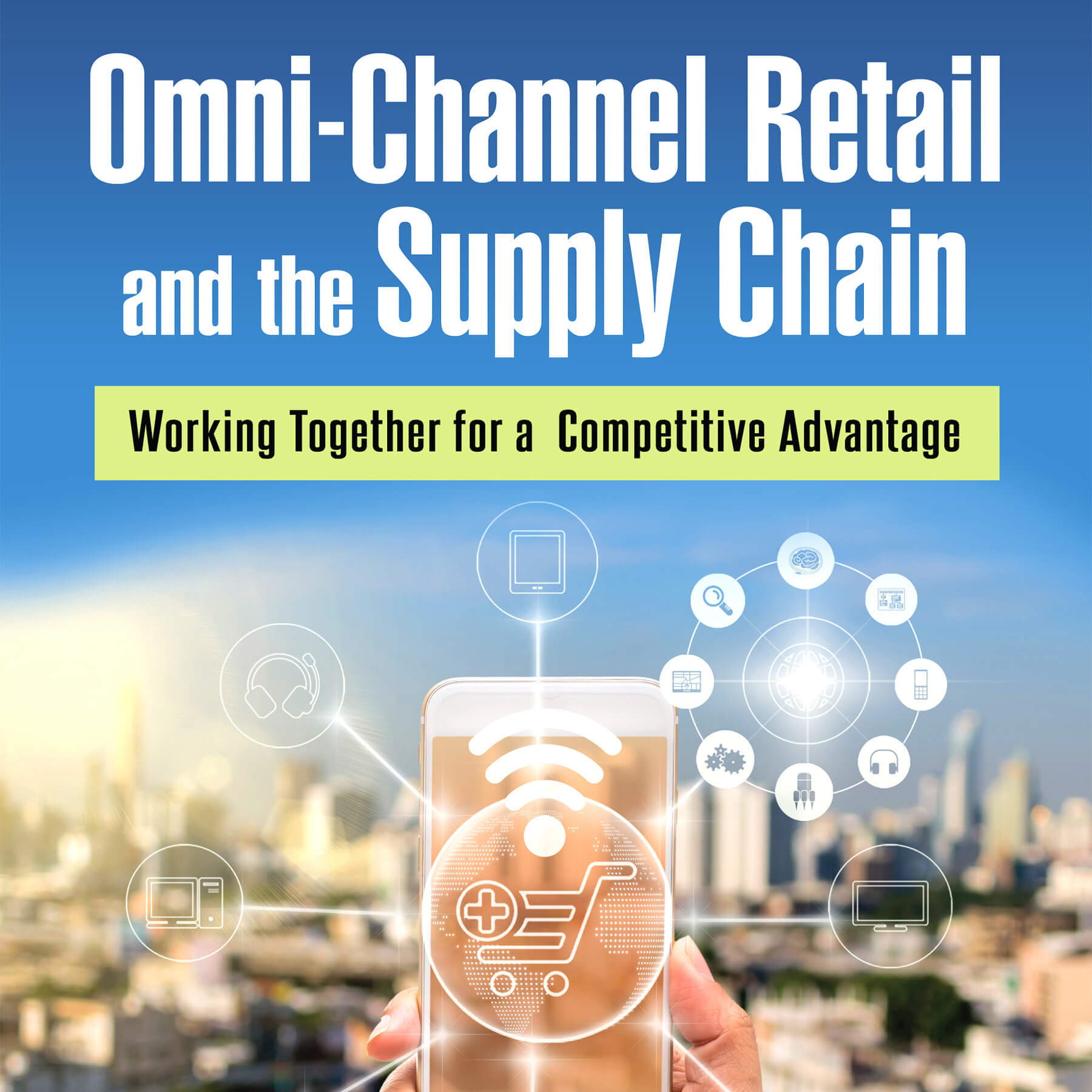Paul A. Myerson, an instructor in the Department of Management and Decision Sciences in the Leon Hess Business School, has written a new book “Omni-Channel Retail and the Supply Chain: Working Together for a Competitive Advantage,” published Nov. 26 by Productivity Press.
In his book, Myerson describes how the emergence of the internet, smartphones, social media, and other technologies has opened a world of new options for consumers (and businesses) to review, research, and buy online with an ever-increasing array of delivery options. Myerson argues that the emergence of e-commerce has resulted in what is commonly known as “omni-channel” marketing, in which customers engage with companies in a variety of ways, including in a physical store or online via websites and mobile apps.
As consumers are increasingly demanding and browsing, buying, and returning goods through various channels, not just the traditional “brick and mortar” way, Myerson asserts that businesses require real-time visibility of inventory across the supply chain and a single view of consumers as they continuously move from one channel to another in order to sustain high levels of service while remaining profitable.
Myerson also examines how the COVID-19 pandemic has accelerated this omni-channel retail trend, as consumers need even more ways to order and additional options for last-mile delivery, such as curbside pickup. COVID-19, he argues, has exposed a lack of flexibility and readiness, resulting in shortages of everything from toilet paper and meats to personal protective equipment (PPE) and ventilators creating a “bullwhip effect,” where variability at the consumer end of the supply chain results in increased variability as one goes upstream towards distributors, manufacturers, and suppliers.
Myerson, who has been teaching at Monmouth University since 2017, earned his bachelor’s in business logistics from Pennsylvania State University, as well as an MBA in physical distribution from Temple University. Myerson has worked in the field for 30 years, gaining extensive knowledge and professional experience in supply chain management, logistics strategies, and operations systems. His expertise has resulted in improvements for numerous companies such as General Electric (GE) and Unilever.

